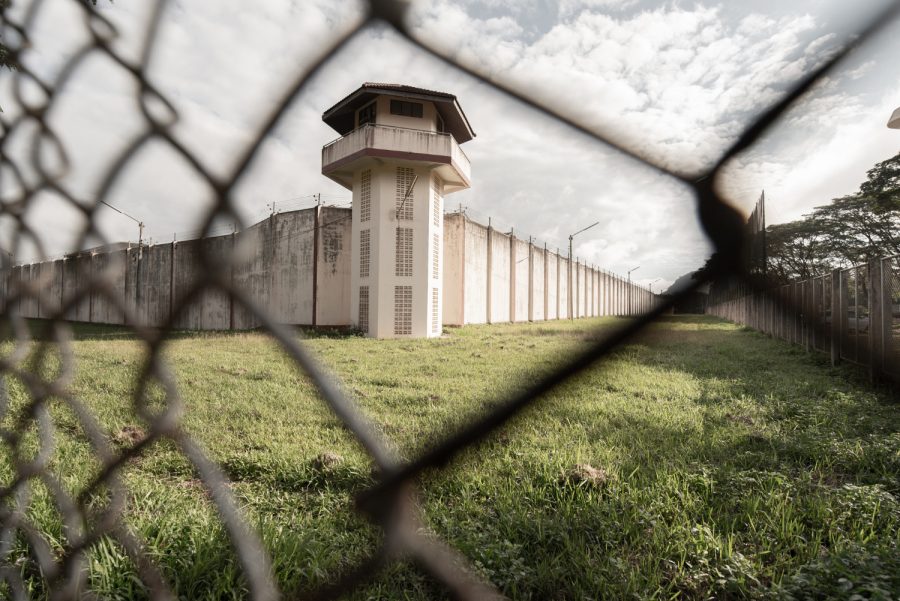Incarcerate, educate, and integrate.These are the words the University of Iowa used to describe the 2017 UI Speaker Series at Oakdale, Iowa’s Medical Classification Center Correctional Facility.
The 2017 UI Speaker Series was initially created to be a pilot program in which the volunteer University of Iowa educators guided one evening-long course to a select party of men currently being held in the correctional facility.
Education is an invaluable tool for the rehabilitation and reintegration of incarcerated people, and every university should offer prison education as part of its curriculum. Unfortunately, this is not always the case.
Previously, the UI offered a course dedicated to educating incarcerated individuals, but the program no longer exists. The UI must renew its prison education program to benefit those who are imprisoned by the state of Iowa.
Kathrina Litchfield, a graduate student in the College of Education, initially envisioned the project after her time volunteering at the prison in 2011.
According to Litchfield, the early goal of her prison education program was to “expand the [original] Speaker Series so that students [could] earn college credit [and] focus on the current situation in Iowa regarding education, incarceration, and reentry.”
Unfortunately, if you were to follow up on the UI Speaker Series dedicated to prison education, one would find that it no longer exists. What once was a forward-looking course seems to no longer be the priority of the Obermann Center for Advanced Studies. The reason behind the discontinuation remains unclear to this day.
In fairness, it is not the university’s responsibility to provide education opportunities for those who are currently imprisoned in Oakdale. According to the Iowa Medical Classification Center, the correctional facility claims to offer basic various educational opportunities to help them complete their GED, learn English, or take other special education classes.
Like many prisons and holding facilities, in addition to disproportionately housing people of color from unfavorable socioeconomic backgrounds, Oakdale offers no opportunity for higher education to inmates which actively predisposes them to failure at reintegration because of hiring discrimination and the lack of proper opportunity to make a living.
The historical purpose of incarceration, the rehabilitation of the individual, has been lost in the years following the creation of the modern prison system. The first step to returning to a functional system should be providing those within it the opportunity to have an opportunity to receive education that will help them re-adjust to society and have a real chance at building a good life after their sentence.
According to a recent survey performed by the U.S. Department of Justice, correctional education administrators reported that perceived major barriers in correctional education to be staff shortages, inadequate funding, the education department’s lack of power within the institution, and lack of adequate space.
One of the simplest methods in ending mass incarceration in the U.S. is to provide an equal opportunity for higher education and to raise the chance of future employment and lower re-entry into the system.
Reinstating a new prison educational program could be the way for the university to reconnect with the often-forgotten members of the state imprisoned just 12 miles away.
Columns reflect the opinions of the authors and are not necessarily those of the Editorial Board, The Daily Iowan, or other organizations in which the author may be involved.



